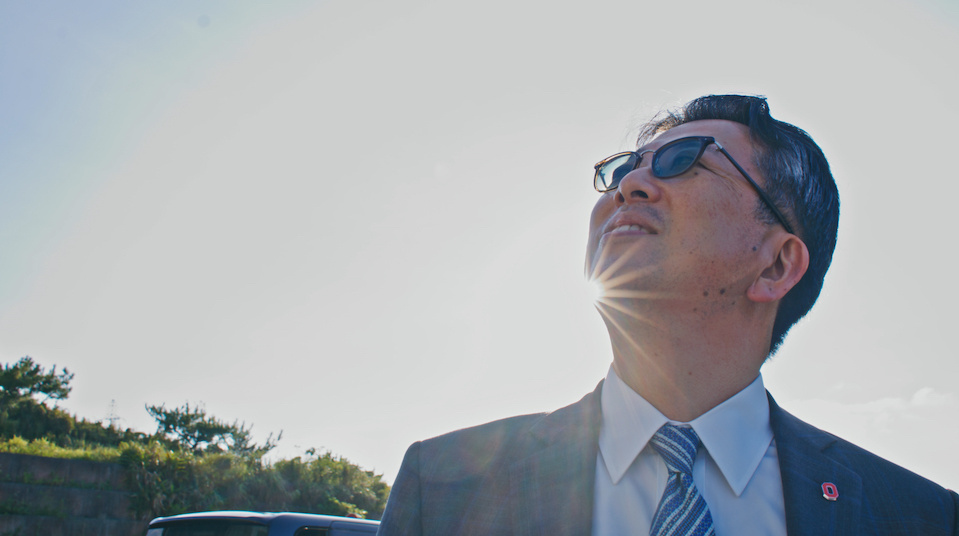Dr. Hiroyuki Fujita, a Japan-born physicist, entrepreneur, and innovator, became a successful industrialist in the U.S. after founding the medical equipment company Quality Electrodynamics in Cleveland, Ohio. Here’s how his beliefs led him to success and respect in the U.S. community.

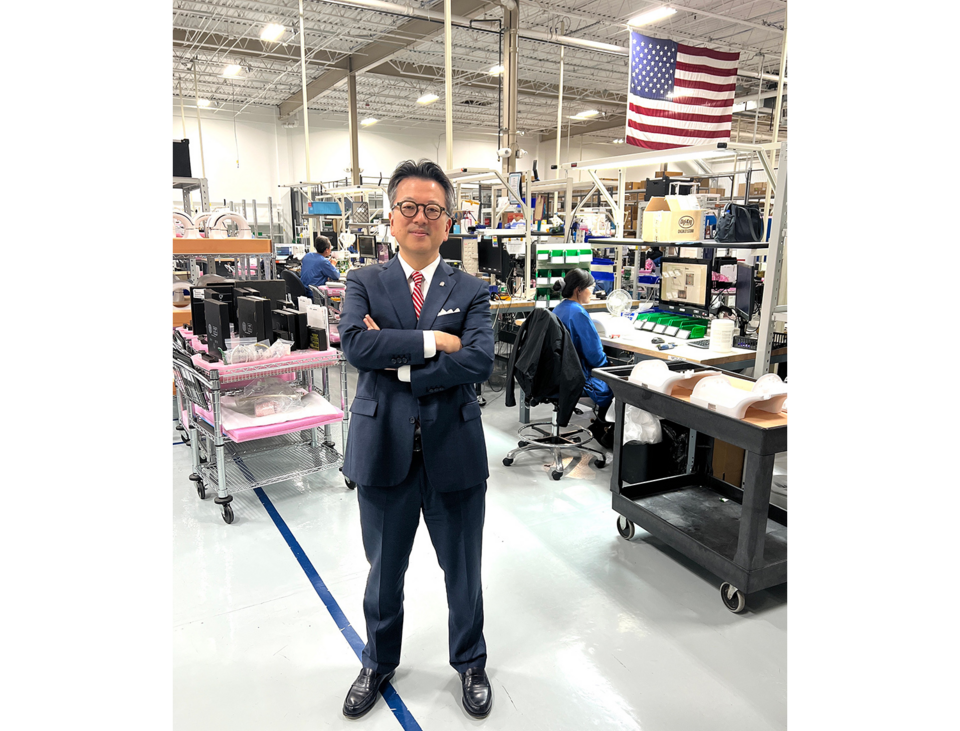
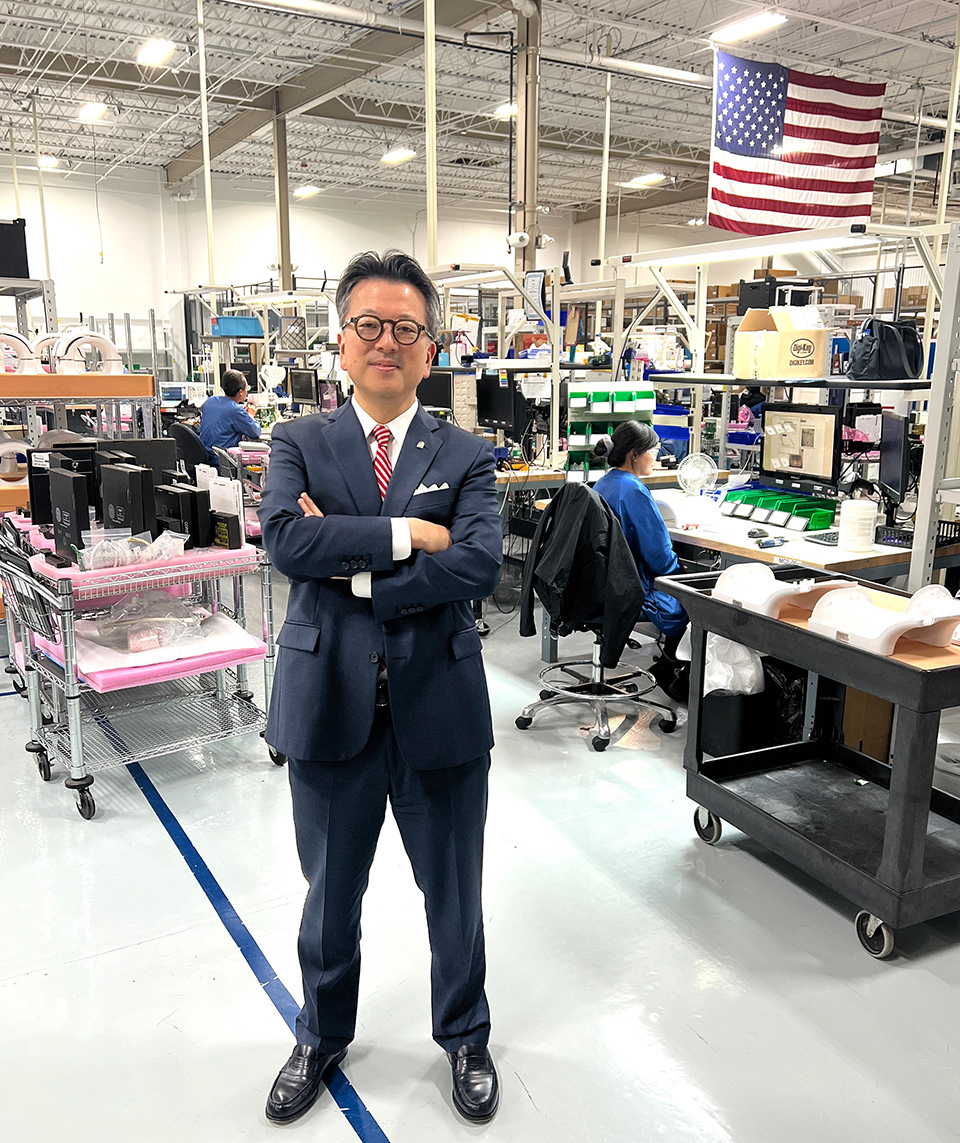
Around 170 associates work at QED in Ohio. Dr. Fujita sends a letter to them every New Year delivering a message that they should never lose the entrepreneurial spirit of the company and never be satisfied with the status quo.
On January 24, 2012, Dr. Hiroyuki “Hiro” Fujita, a Japan-born physicist and entrepreneur living in Ohio, found himself in the First Lady’s box at the U.S. Capitol, listening to President Barack Obama extol American manufacturing during his State of the Union Address. As the founder and CEO of Quality Electrodynamics (QED), an engineering healthcare innovations company, Dr. Fujita was being acknowledged for his role as an immigrant entrepreneur and for contributing to high-tech exports. He was honored to be sitting with Michelle Obama, Jill Biden, and other dignitaries listening to the president discuss income inequality, tax cuts, and new energy sources.
The rare and special distinction of attending the State of the Union represented a significant milestone in the success that Dr. Fujita had achieved in his adopted homeland, and it came at the end of a long road that began when he first moved to the U.S. as a college student in 1988. Born in Nara Prefecture, in Japan’s Kansai region, Dr. Fujita originally wanted to follow in the footsteps of his grandfather and uncle, who were both diplomats. But while he was studying at Waseda University, he also took a summer course at the University of California San Diego, and was impressed by the academic freedom that students enjoyed. He decided to enroll at Monmouth College in Illinois to benefit from smaller classes and focus on his language skills.
“I was too young even to know what I wanted to do at the time,” says Dr. Fujita. “But my attitude was that I would do all I could, given all the opportunities I saw, to learn something new. So, I studied physics and math, and kept improving my English skills.”
Dr. Fujita then earned his Ph.D. in physics from Case Western Reserve University in Cleveland, Ohio. His thesis focused on the modeling of radiofrequency (RF) coils used in magnetic resonance imaging (MRI) scanners. Upon entering the industry, he continued his MRI research, focusing on hardware and generating multiple patents. However, he wanted to have a greater impact and realized that to do so he needed to be involved with management decisions. Such an opportunity came when he was persuaded to join a startup that was soon acquired by General Electric Company.
At this technology giant, Dr. Fujita enhanced his management skills while working with technology teams internationally. Eventually, however, he decided he wanted to establish his own business based upon the philosophy he had developed over the years.
“My philosophy is that everything comes down to people and trust,” says Dr. Fujita. “I wanted to build a company culture in which everybody is united in mutual trust and respect, with a common goal, which is to make a difference in our society no matter what we do.”
In 2006, he established QED in Ohio as a healthcare diagnostic imaging technology company. QED specializes in RF coils for MRI scanners. These devices are essential in detecting the changes in the body’s induced magnetic field during scans, allowing the creation of detailed anatomical images. What makes QED’s RF coils unique, says Dr. Fujita, is their higher signal-to-noise ratio, which provides clearer, high-resolution imagery. Dr. Fujita attributes the successful development of the RF coils, as well as the business itself, to personal relationships. As proof of QED’s success, and only three years after the company’s establishment, it was named by Forbes as one of America’s top 20 most promising companies.
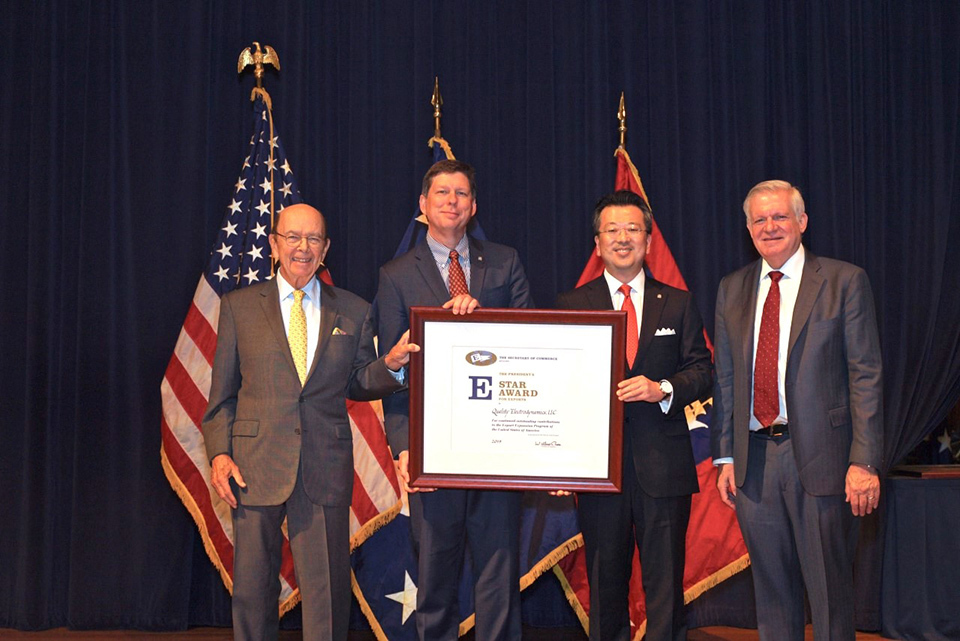
Dr. Fujita received the President’s “E” Award in 2013 and the President’s “E Star” Award in 2019 for contributing to U.S. export growth.
Dr. Fujita has met many great people throughout his career but cites 94-year-old Albert Ratner, a prominent and acclaimed giant in the U.S. real estate industry, as a role model and mentor. This respected veteran community leader introduced Dr. Fujita to other influential businesspeople who joined QED’s board of directors. With that group of talent, QED was able to expand its business significantly.
In 2019, Canon Inc., well known for its camera and office equipment businesses, added QED to its holdings as part of its long-term business transformation strategy. The acquisition helped the Japanese multinational corporation to boost corporate diversification in healthcare imaging and radiology. Dr. Fujita now also serves as chief technology officer of the CT-MR Division at Canon Medical Systems Corporation based in Japan. “Japan is definitely one of the leading countries in the whole world in terms of craftsmanship,” says Dr. Fujita. “I thought I could add some unique values and contributions to the business knowing both the American and Japanese culture deeply.”
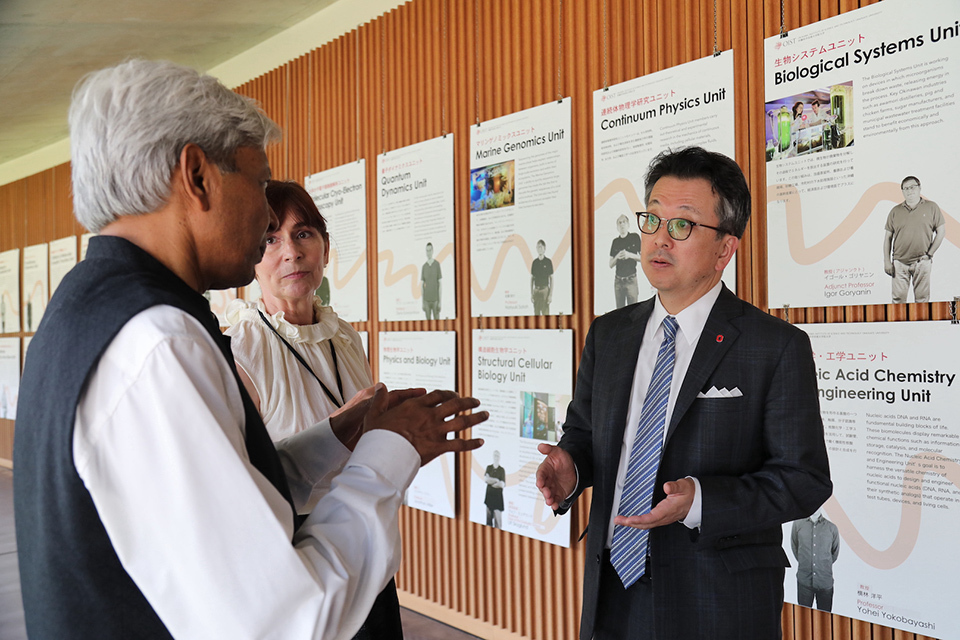
Dr. Fujita also serves as a governor of OIST, highly regarded worldwide for its interdisciplinary approach. He is shown here attending the OIST Board of Governors meeting held in Okinawa in September 2022.
Mr. Ratner also instilled in Dr. Fujita the importance of community involvement, not only in Ohio and the U.S. but internationally. The CEO has since taken on numerous roles in public and private groups, enhancing his prominence as an industrialist. He is a member of the Board of the Greater Cleveland Partnership, the U.S.-Japan Council, the Cleveland Council on World Affairs, The Cleveland Orchestra, and the Board of Governors of the Okinawa Institute of Science and Technology Graduate University (OIST) and serves as the first Asian chairman of The Ohio State University’s Board of Trustees in its long history of more than 150 years. Dr. Fujita is also the chair of the Cleveland Clinic Hillcrest Hospital Board of Trustees as well as inaugural Honorary Consul of Japan in Cleveland.
In taking on such roles in the U.S., Dr. Fujita has also had to work in an environment with different social issues than those in Japan. For example, he is often the only board member of Asian descent, and has worked to increase the visibility of fellow Asian people in America. His goal is to change how other people see Asians by making them more prominent and more involved worldwide in a more visible way.
“I want to make a positive difference, and I want people to know that we are also a great part of society,” says Dr. Fujita. “To that end, Asian people have to get more involved, because if people do not see what we do, the perception is that we do nothing, and the perception becomes a reality. I want people to know about our contributions. I care about the community and I’m part of the community too. And then I want younger Asian people to recognize that. They will say, ‘OK, this guy’s doing that. Why not us?’”
Dr. Fujita’s positive attitude, his willingness to challenge himself, and his commitment to people have enabled him to succeed in business while becoming a pillar of the community. His belief is that one must have ambitions, and these ambitions will form strategies for success. With that mindset, he’s sure to achieve whatever goals he sets for himself.


























